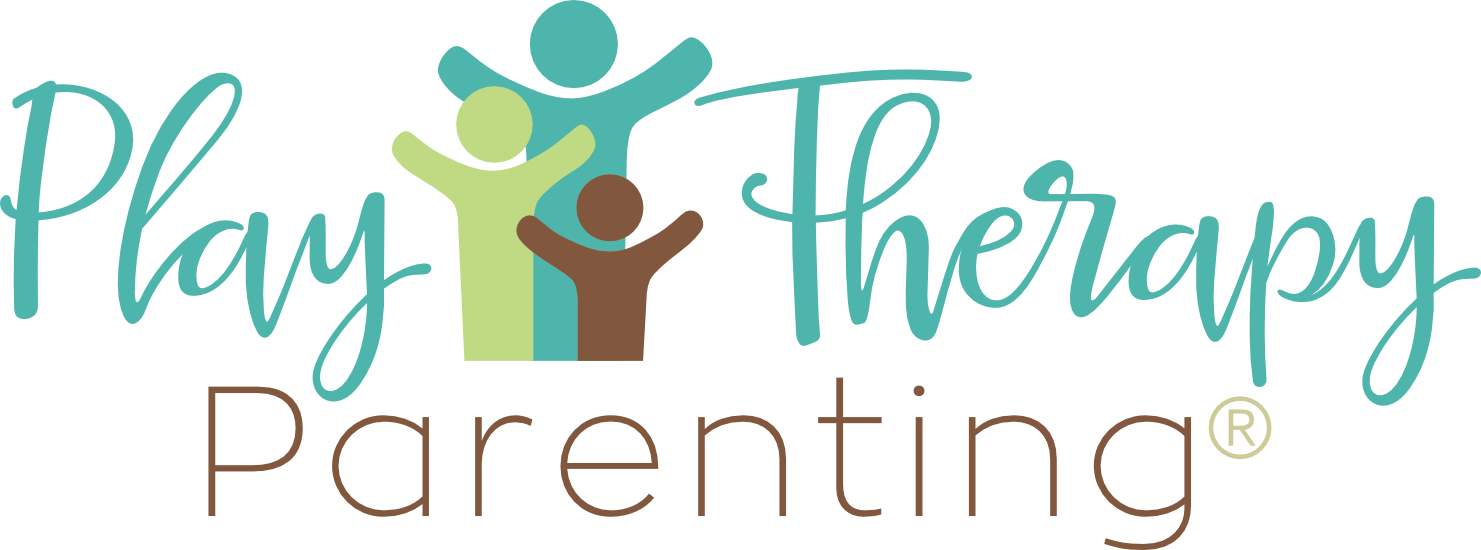S3E13 – Parent Companion for Play Therapy: Why Kids Fight for Control (and What to Do About It)
In this episode of the Parent Companion for Play Therapy series, I talk about one of the biggest underlying causes of difficult behavior — a child’s need for control. When kids feel like they have very little say in their world, they look for places where they can take control, and those power struggles often show up in everyday routines.
I explain the five main areas where children naturally assert control — toileting, sleeping, eating, talking, and obedience — and why those struggles are less about defiance and more about a child’s search for autonomy. Once parents recognize that behavior often stems from a need for control, it changes the way they respond. Giving kids small, healthy choices helps restore balance, reduce power struggles, and strengthen the parent-child relationship.
Ask Me Questions: Call (813) 812-5525, or email: [email protected]
My Book: Device Detox: A Parent’s Guide To Reducing Usage, Preventing Tantrums, And Raising Happier Kids – https://a.co/d/bThnKH9
Podcast HQ: https://www.playtherapyparenting.com/
My Newsletter Signup: https://www.playtherapyparenting.com/newsletter/
My Podcast Partner, Gabb Wireless: https://www.playtherapyparenting.com/gabb/
Why Kids Fight for Control
In this Parent Companion for Play Therapy episode, we’re looking at one of the biggest reasons children struggle with behavior — their need for control. Parents often describe issues that seem unrelated: refusing to eat, bedtime battles, accidents or toileting delays, constant arguing, or morning meltdowns. But underneath almost all of these challenges is the same root issue: a child trying to gain control in a world where they don’t have much of it.
Kids Have Control Over Very Few Things
When you filter children’s behavior down to the core, they truly only have control over a handful of things. Once you understand this, behavior starts to make a lot more sense.
The main areas where children can assert control are:
- Toileting – withholding, refusing, hiding, or delaying
- Sleeping – where, when, and how they fall asleep
- Eating – refusing foods, only eating certain items, food hoarding
- Talking – refusing to speak, speaking only in certain settings, or yelling
- Obedience – choosing to comply or choosing not to
These five areas fit on one hand, and they are the only places where kids consistently feel a sense of power. So when life feels chaotic, overwhelming, or unpredictable, children grab control wherever they can. This isn’t defiance — it’s survival.
Why Kids Grasp for Power
Children are told all day long where to go, when to go, what to do, and how to do it. They are constantly directed by adults. When a child feels powerless in most areas of their life, they naturally look for the places where they can push back.
For anxious kids, this becomes even more pronounced. Anxiety makes the world feel frightening, so control becomes a way to regain a sense of safety. Bedtime, toileting, and eating are especially common control grabs for anxious children because those moments heighten vulnerability.
Once you see behavior through this lens, it becomes clear that power struggles are not about stubbornness — they’re about a child trying to cope.
Seeing the Pattern Changes How You Respond
When you recognize that a child is seeking control, you can respond differently. Instead of seeing toileting, eating, talking, or obedience issues as separate frustrations, you can recognize them as versions of the same need.
Giving children small, meaningful choices helps them feel empowered and reduces the need to take control in unhealthy ways. Choices communicate respect, help regulate emotion, and reduce the friction that builds in daily routines.
And when children feel empowered in safe, appropriate ways, their need to grab control in unhelpful ways decreases.
Why This Matters for Relationship
Power struggles almost always create relationship fractures — on one side or the other. The goal isn’t to eliminate boundaries or give kids unlimited freedom. The goal is to help children feel secure and capable, even within limits.
When parents see the need behind the behavior, connection grows. The relationship becomes stronger because the child no longer feels they must fight for every ounce of control.
Final Thoughts
When you understand that many behavior challenges stem from a simple need for control, everything begins to shift. You start responding with empathy instead of frustration. You begin offering choices where you can. And you see your child not as difficult, but as someone trying to navigate a world where they have very little say.
This perspective helps preserve the relationship while still guiding your child in healthy, age-appropriate ways. And that is at the heart of child-centered play therapy — helping children feel understood, empowered, and connected so they can grow into their best selves.

